The Franco-Chinese Symposium on Population Aging commenced at the Jiangnan Academic Exchange Center in the Suzhou campus of Renmin University of China (RUC) on October 28.
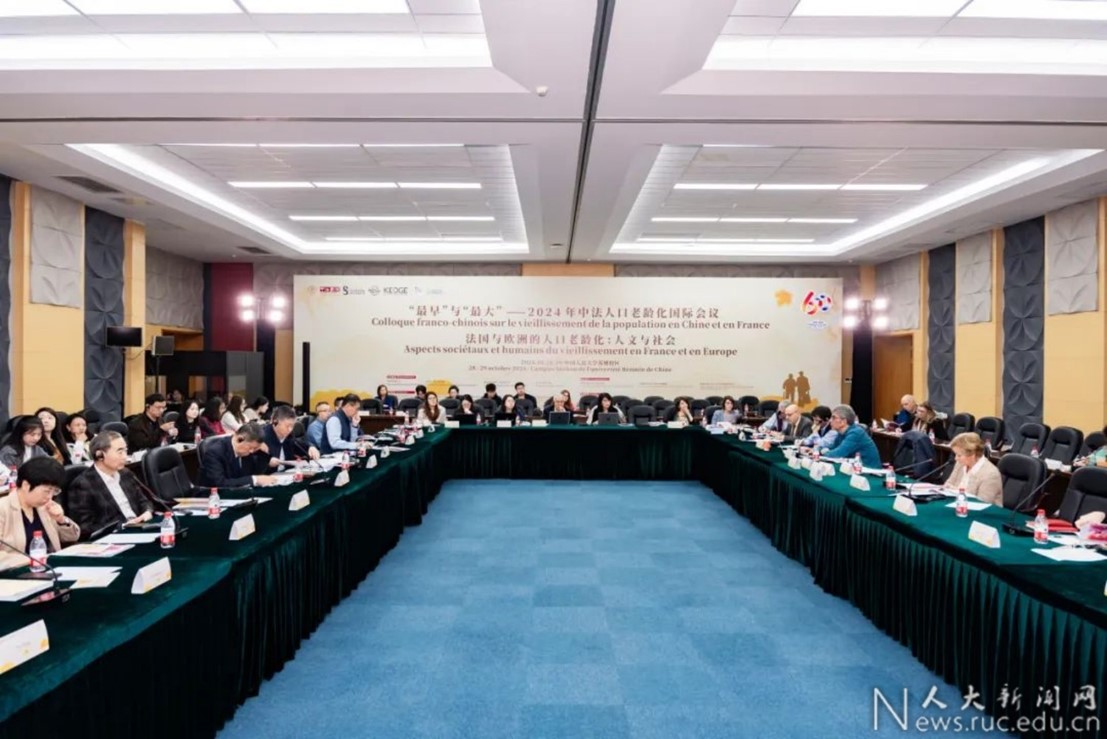
This international conference, co-organized by RUC and three prestigious French universities, addresses the social and human aspects of aging in France and Europe, focusing on shared challenges and strategies for an aging population.
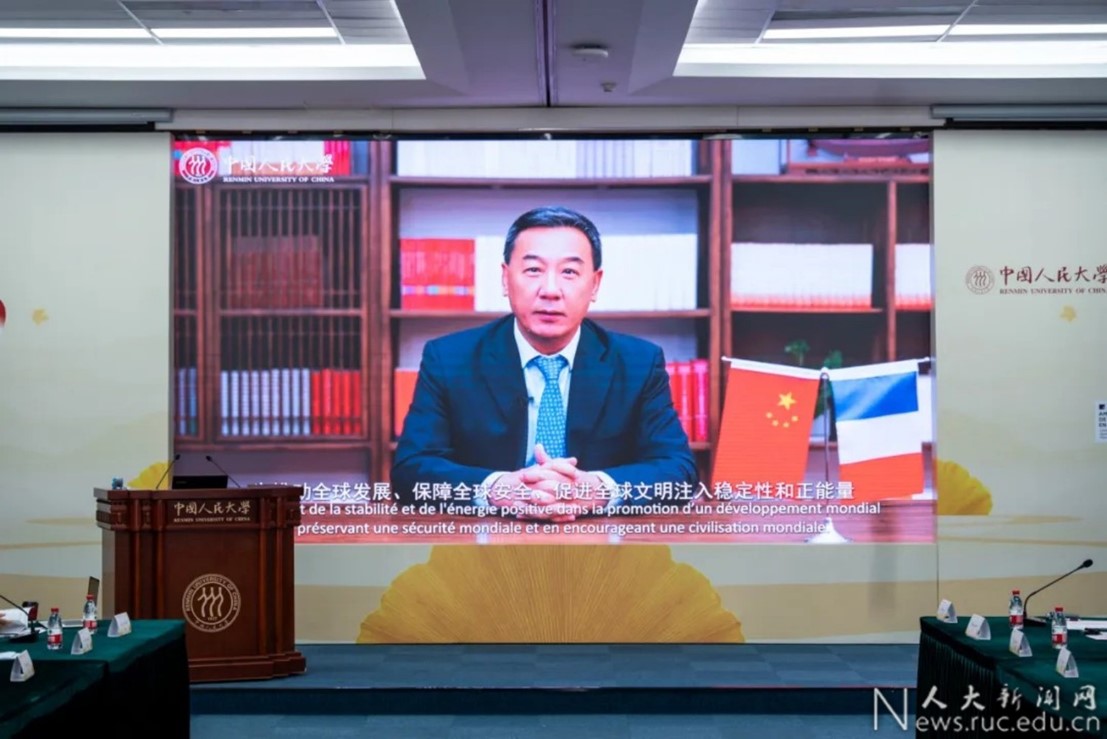
Zhang Donggang, Chair of the University Council of RUC, delivered the opening remarks via video, noting the importance of the event in fostering international cooperation to address global issues.
Zhang highlighted that population aging is not only a pressing issue in China’s modernization efforts but also a matter of global significance impacting human progress and welfare. He hoped that the symposium would inspire French and Chinese scholars to contribute valuable insights and joint solutions to the shared challenge of aging societies.
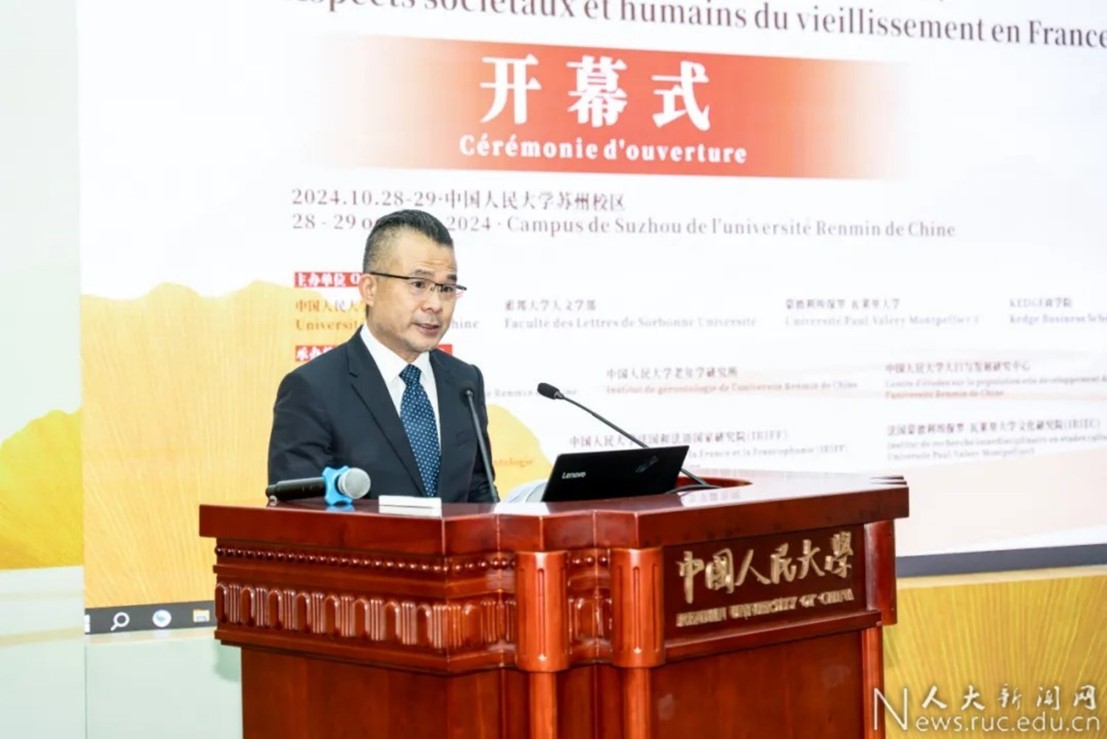
Zheng Xinye, Vice President and Suzhou Campus Director of RUC, stated that RUC has achieved significant academic and research results on issues related to aging and elderly care in China. He expressed hope that the participating experts will contribute insightful perspectives on their long-standing research areas.
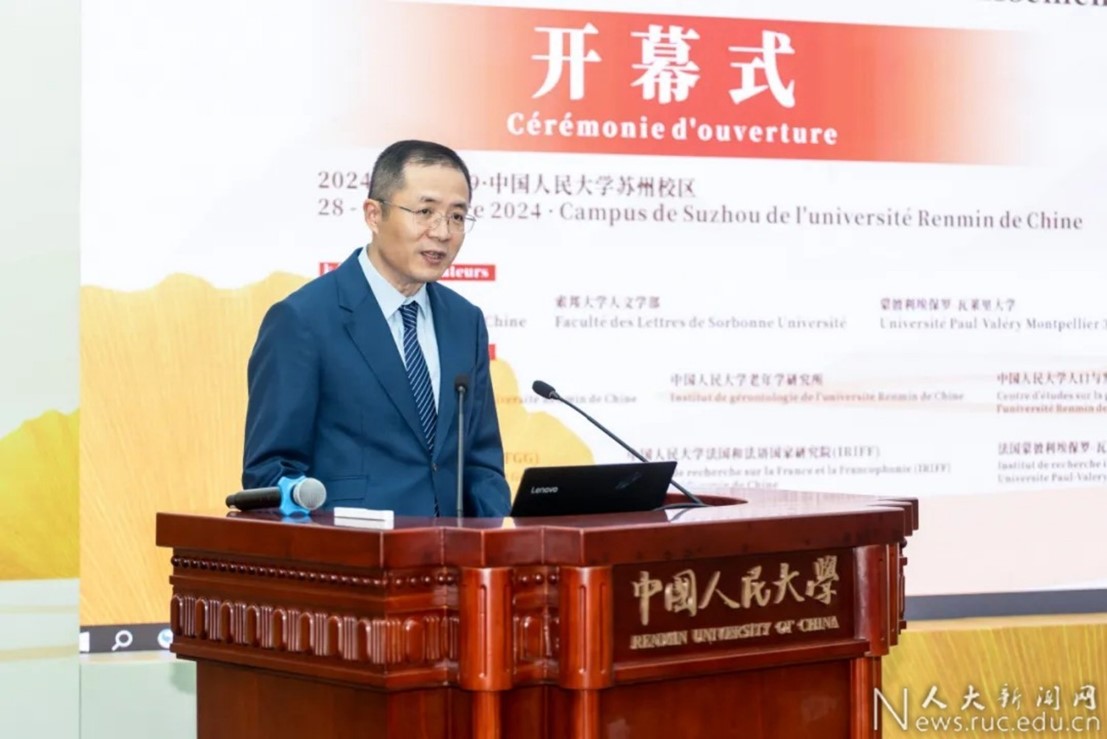
Ni Qian, Deputy Director of the Suzhou Industrial Park, expressed hope that ongoing dialogues between French and Chinese experts in the park would strengthen international cooperation in health and elderly care, aiding the park’s initiatives to advance the “silver economy,” and improve elderly care systems.
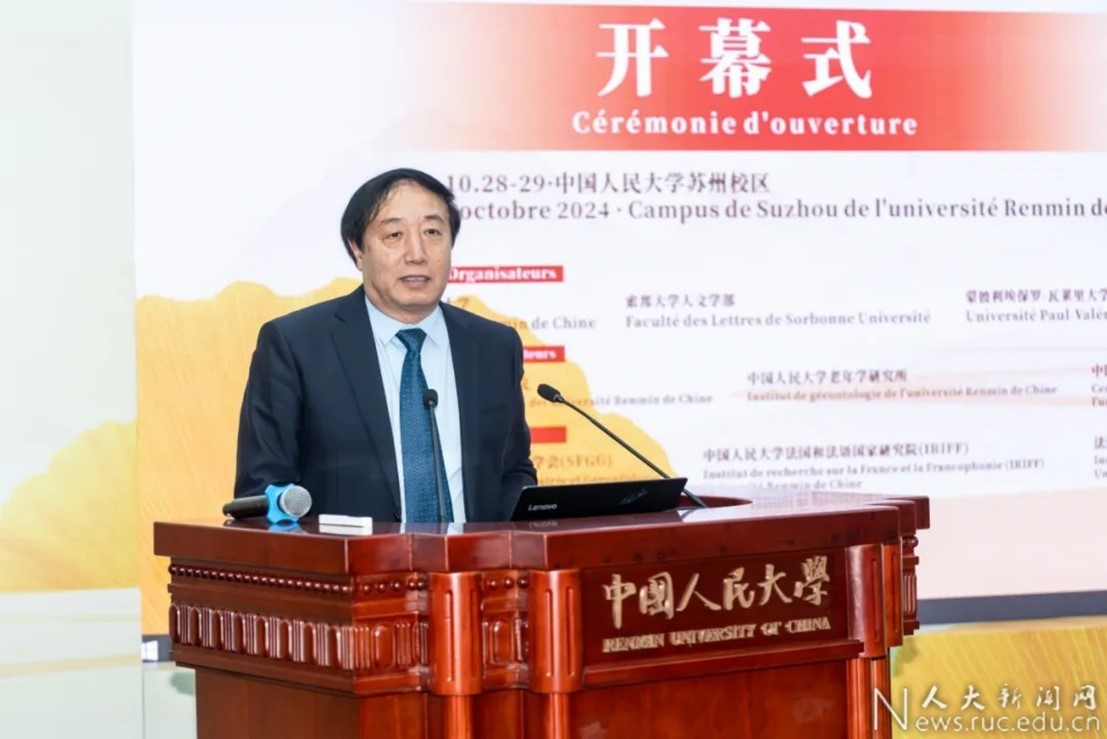
Du Peng, Dean of the School of Population and Health of RUC, noted that population aging has become a global challenge, and this conference aims to foster academic exchanges and collaboration between China and France on this issue. He hoped Suzhou campus and the School of Population and Health can deepen cooperation to build a sustainable academic platform for dialogue in international population and health fields.
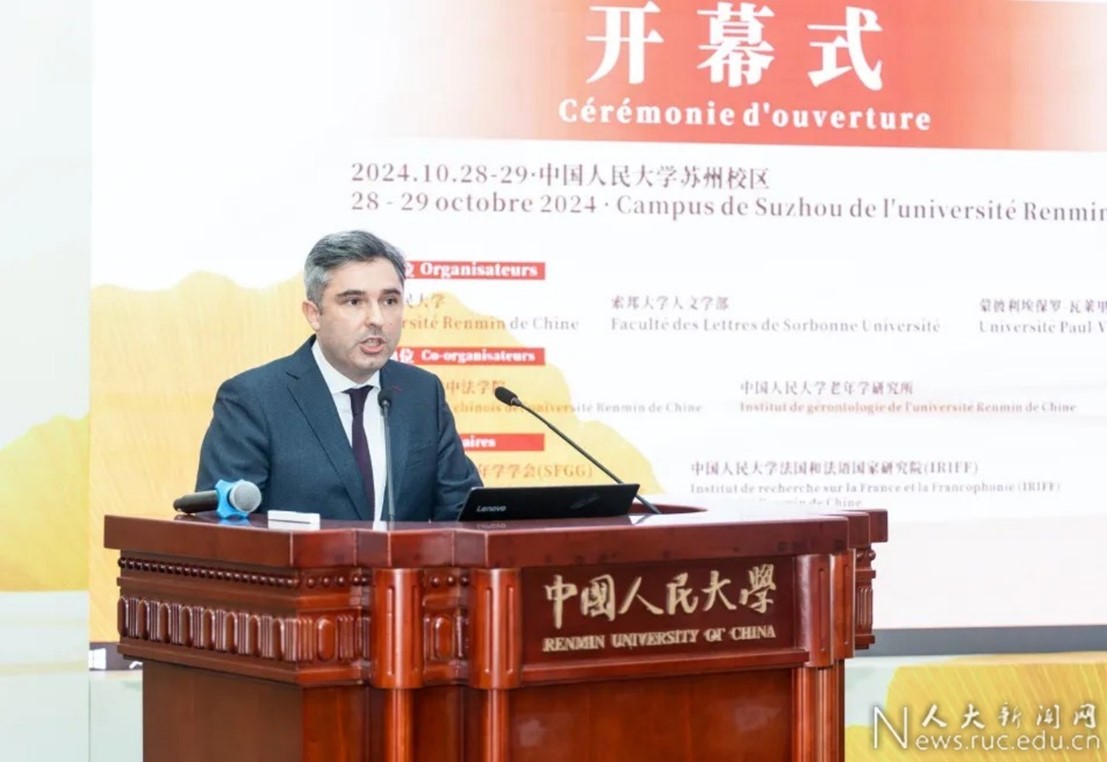
Joan Valadou, French Consul General in Shanghai, remarked that this conference serves as a model of Franco-Chinese cooperation, showcasing both cultural and humanistic interaction. Focusing on the global challenge of “population aging,” the conference addresses health while exploring cultural differences. He emphasized that France and China have cooperated extensively on this issue, making it a central area of focus for Sino-French and Sino-European collaboration.
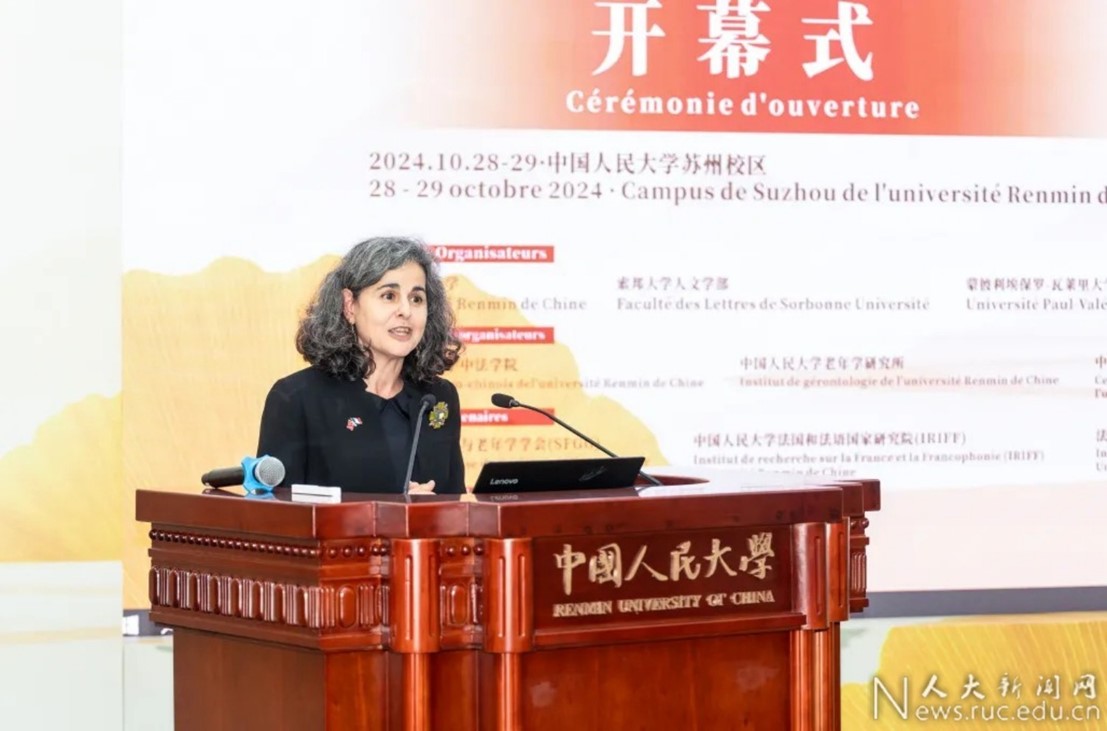
Beatrice Perez, professor and dean of Faculty of Arts, Languages, Literature and Humanities, Sorbonne Université, said that China and France have many topics of common interest in aging. This cross-border analysis, sharing, and mutual learning allowed Chinese and French experts to communicate, collide, and learn from each other in literature, medicine, sociology, demography, and gerontology.
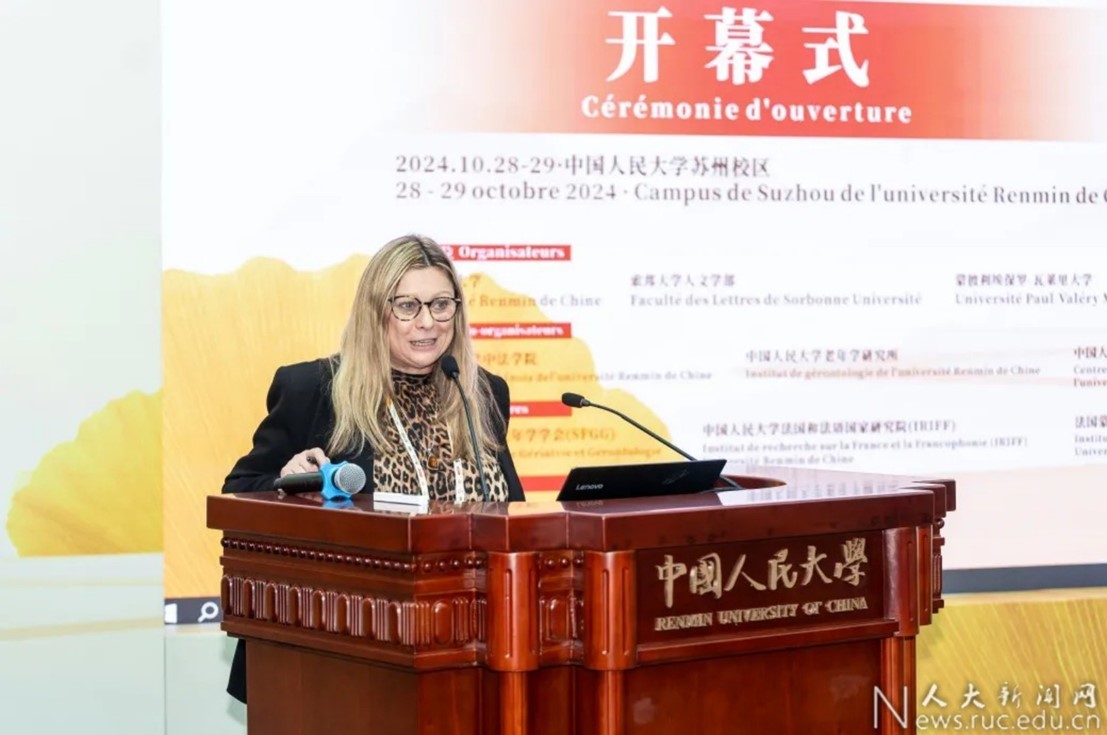
Catherine Peyroux, Director of the AES department at Paul Valéry University in Montpellier, said that population aging is an important issue for China and France. This conference not only introduces France’s accumulated experience in dealing with population aging in China, but is also an important opportunity for China and France to communicate in a multidisciplinary manner on this topic.
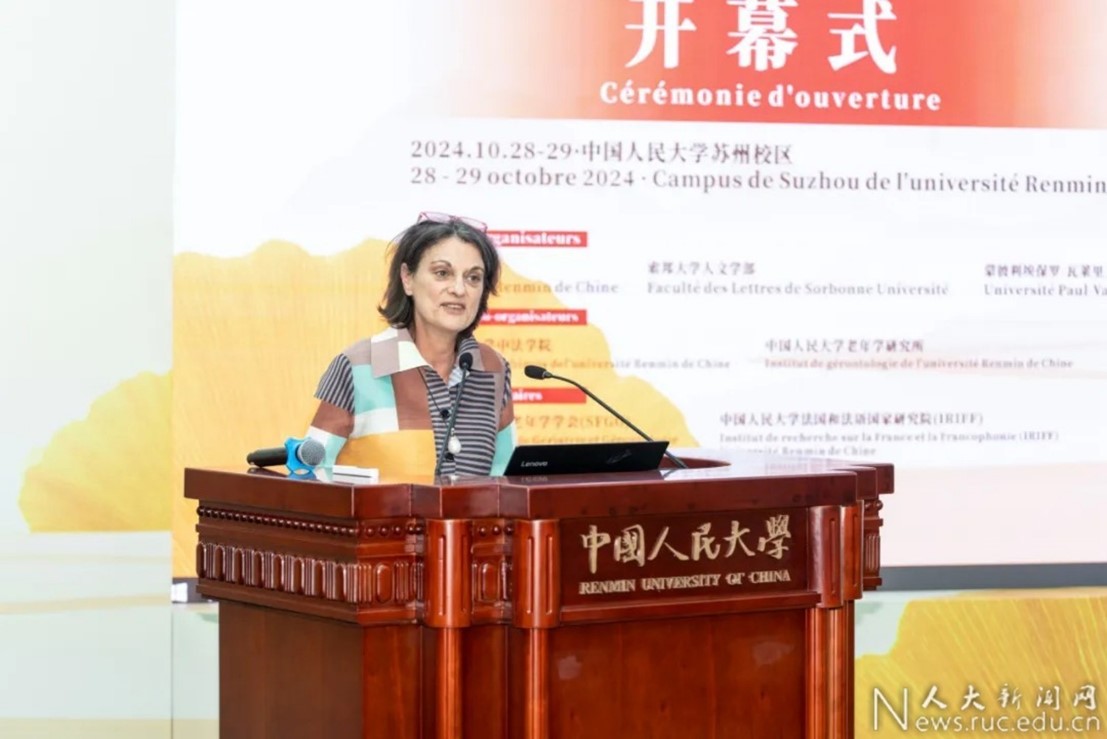
Corinne Grenier, professor and representative of the president of KEDGE Business School, said that KEDGE Business School has carried out extensive cooperation with China in the field of aging research, and these studies fully reflect the humanistic spirit. It is hoped that through this meeting, we can have an in-depth discussion on effective ways to deal with aging and jointly respond to global challenges.
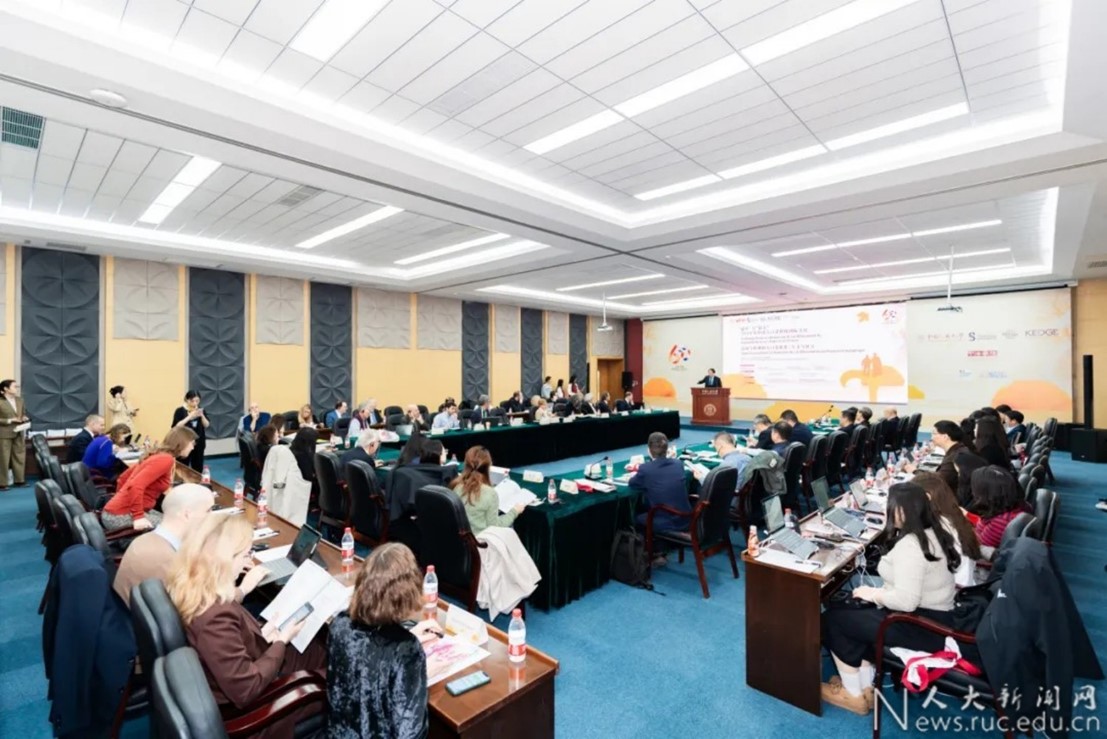
Focusing on the topic of “Social and Human Aspects of ageing in France and Europe,” the symposium covers six thematic areas: “Current and Future Trends in Aging,” “Age-Friendly Environments,” “Aging Research and Public Policy,” “Languages and Arts in Aging Societies,” “Elder Health,” and “Silver Economy and Innovation.” It includes comprehensive presentations and panels that explore aging from political, economic, social, and cultural perspectives, drawing on French and European experiences in addressing demographic aging.
In tandem with the symposium, the "Sino-European Civilization Forum" Academic Week was launched, featuring 14 events including academic dialogues, cultural exhibitions, expert lectures, and youth interactions, across disciplines such as literature, art, economics, and technology.


